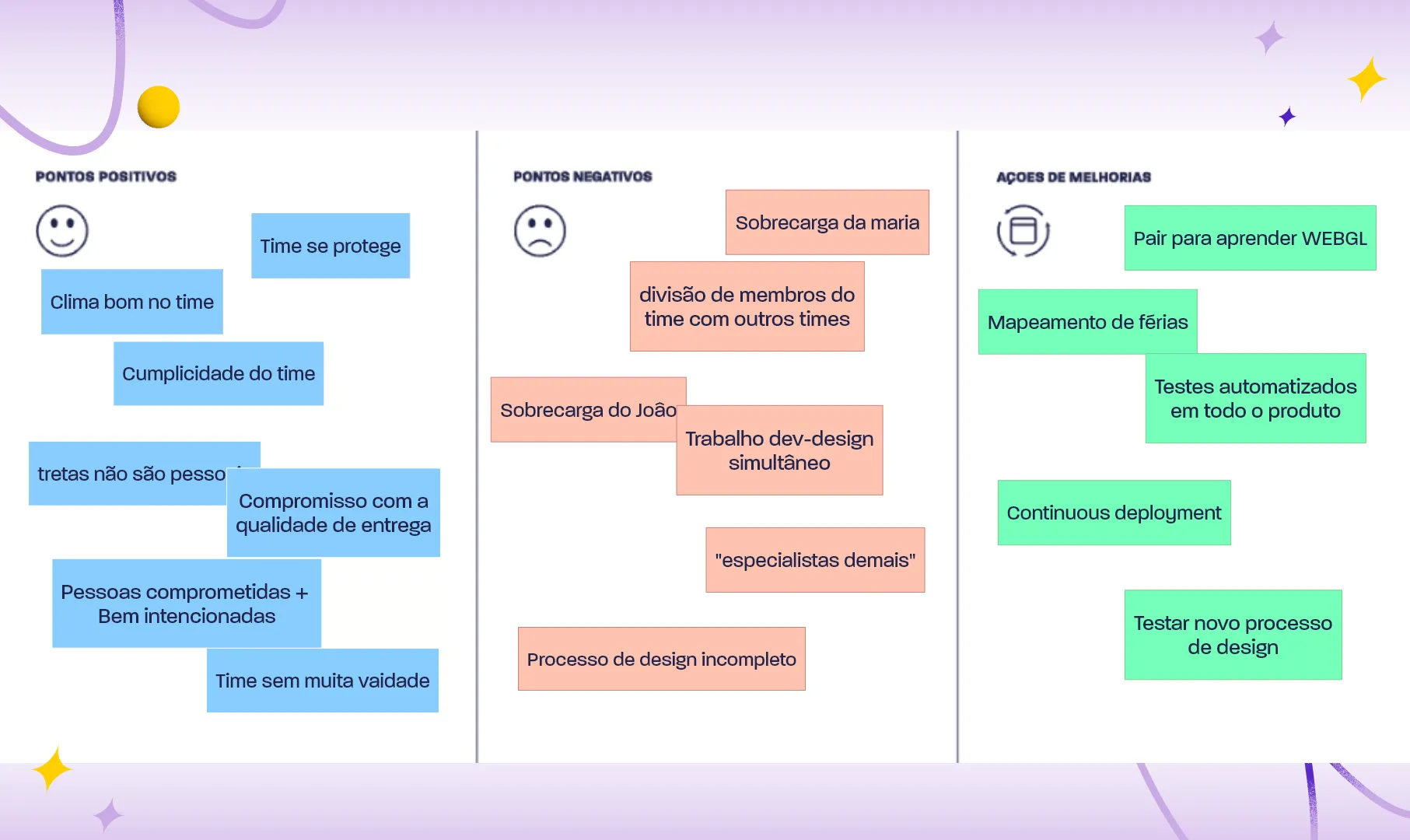Why is Feedback so hard, and how to make it easier and better?

Strytegy
October 18, 2021
Understand what is so important about feedback, why it can be so hard for employees and how to make it easier and more effective for everyone.

It is Feedback time in your workplace, and the tension spreads quickly among all your coworkers, both for those who need to give feedback, and those who are going to receive it.
The point is that the feedback process is extremely important for the development and performance of any company or employee. Without this ritual, which can be a little uncomfortable, we can’t really figure out whether we are fulfilling the expectations of our team, nor correct our mistakes.
But even those who acknowledge the importance of this process still feel some discomfort when the time comes. This happens on both ends: the one giving and the one receiving feedback.
In this article, we will speak a little bit about why feedback is such a hard process for employees and managers, and how we can improve it and overcome the challenges associated with it.
Why is feedback so important?
To begin, we need to understand why this process is so important. And for that, let’s look at three different levels: individual, group and organization.
When we talk about the individual level, we are referring to you as a professional. Feedback is the moment in which you can listen to others' perception of your work. This brings you different perspectives, and helps you see improvement opportunities you couldn’t realize on your own, or even virtues you didn’t even know you had.This helps us to advance professionally and prevents us from becoming outdated in our career, besides giving a more clear direction toward what we can do to improve even more.
At a group level, we are thinking about how we act while working with other people. Feedback inside a group can help to reinforce relationships and transparency among team members. And, when done correctly, it can optimize collective performance, since group members help each other understand their flaws and improve. Feedback can also help to solve problems, because people are sincere about what is or is not working for them during the interactions with their coworkers.
Finally, we have the organizational level. Establishing a healthy feedback process and culture can improve motivation and, consequently, employee performance in time. When we receive some comments about our work, we know other people are paying attention and appreciating it, so we feel more motivated to give our best. And with regular conversations, workers will better understand how to fulfill the company’s expectations.
But why is it so hard to give and receive feedback?
If we all understand why feedback is so important on different levels, then why do so many people struggle when the moment comes?
The main point is that we have a tendency to see feedback as a simple evaluation or criticism, and this makes the moment uncomfortable beforehand. And you are wrong if you think only one side feels this way. Many times, your manager can be as anxious as you, especially when they need to point out mistakes or improvement needs.
The person who is giving the feedback fears that pointing out negative aspects can harm their relationship with the other person, that they will be misunderstood, or maybe that the advice will simply be ignored. On the other hand, the one who receives feedback has a tendency to take it personally , which can cause them to lose motivation or self trust, or even to resent the other person.
How to make this process easier and more effective?
As we said earlier, feedback is not easy for any sides, and it is each person’s responsibility to make the best out of this situation. We can become better at both giving or receiving feedback.
Let’s see first what you can do to become a better listener when receiving feedback from someone else:
1- Feedback is not criticism
Try to understand this moment as a conversation to enhance your professional performance, not as a criticism to you or your personality. You don’t work alone, and hearing the opinion of people who work with you on a daily basis can be extremely valuable to improve your social, emotional and technical skills.
2- Be a good listener
It is important that you allow the other person to speak freely, without being interrupted, even if you don’t believe the feedback is entirely fair. Wait for your moment to speak your mind, and try to make questions to clarify your understanding about their point of view. This will turn the ritual into a more productive conversation, which can benefit everyone involved.
Now it is time to put yourself on the other end. Here are some tips that can help you improve the experience of giving feedback:
1- Focus on behavior, not personality
Feedback is not a moment to criticize someone’s personality, but to point out positive and negative behaviors inside the workplace. Focusing on specific behaviors, you prevent the person from taking things personally, and facilitates a search for solutions.
2- Don’t bring out only the negative points
It is undoubtedly valuable to employees to understand where they can improve. But it is equally valuable that they know what they are doing right. This improves motivation and helps them understand what the company’s expectations are about their job.
3- Make the process less formal
Feedback does not need to be a formal meeting that happens every once in a while. It can be a more natural and continuous process, almost like a habit. In Agile Methodologies, for example, teams or squads make a Retrospective meeting every sprint, where each member can expose their opinion about positive and negative points of the work, and try to find solutions to these problems together.
In Strytegy, we created a Feedback Board especially designed to facilitate the entire feedback process, making it lighter, easier and more fun. Click here to access the template for free.
We hope that these tips can help make feedback an easier process for all parts involved. The idea is that we face it no longer as a moment for criticism and tension, and start seeing it as a conversation to enhance professional performance and strengthen trust relationships in the workplace.
